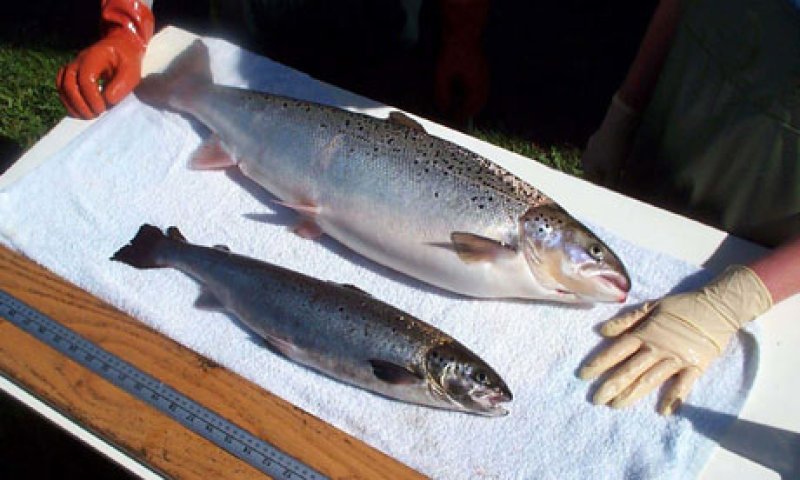Genetically engineered food animals could provide a sustainable means to feed a fast-growing world population, yet regulatory hurdles keep such animals off the market, according to an award-winning scientist.
Speaking at the University of Nebraska-Lincoln (UNL) recently, Alison Van Eenennaam, professor of animal science at the University of California, Davis, said the world can ill afford the delay.
She said: “The world’s food demands in the rather near future won’t allow us to waste time.”
Van Eenennaam, 2014 award winner of the Borlaug Council for Agricultural Science and Technology Communication Award, is known not only for her work with biotechnology, but also for her ability to help others understand complex animal biotechnology and genomics.
Genetic engineering, which could significantly boost food production, faces tough scrutiny though it has not harmed anyone, she said.
For centuries, breeders have used conventional methods to produce animals with desired traits, by selecting and mating males and females to produce offspring that are taller, heavier or more fertile, for example.
Genetic engineering uses more targeted and powerful methods to introduce desirable traits into animals, Dr Van Eenennaam said.
Although animal scientists have been using genetic engineering techniques for many years, to date only four pharmaceutical or industrial applications have been approved by federal authorities.
Read full, original article: Could Genetically Engineered Animals Ease World Hunger?































